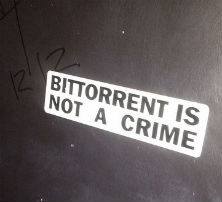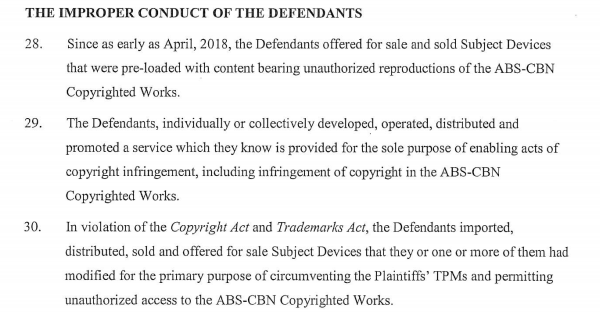
Music industry insiders and several other musicians backed the move, but the public wasn’t happy to see their new sharing tool being destroyed.
What followed was a heated legal battle from which Metallica emerged as the clear winner, but not without scars. The defense painted the band as greedy rock stars and Luddites who had no clue about technology, as drummer Lars Ulrich later recalled.
Today, nearly two decades later, the world has moved on. Napster is long dead and gone, but online piracy is still very much alive. Perhaps even more so than in the early 2000s.
In an interview with Swedish TV show Nyhetsmorgon picked up by Rolling Stone, Metallica’s lead guitarist Kirk Hammett now says that going after Napster was the right thing to do. While the lawsuit also brought in negative elements, the Napster threat was real.
“The whole Napster thing definitely didn’t do us any favors whatsoever,” Hammett says. “But you know what? We’re still in the right on that. We’re still right about Napster. No matter who’s out there saying, ‘Metallica was wrong’.
“All you have to do is look at the state of the music industry, and that kind of explains the whole situation right there,” Hammett adds.
Metallica’s guitarists appear to suggest that the music industry is still collapsing due to the burden of piracy. Interestingly, however, the music industry’s own figures are rather uplifting.
In 2017, the recorded music market grew by 8.1% worldwide. This was the third growth year in a row, and the highest growth rate since the music industry body IFPI started tracking these numbers in 1997.
This doesn’t mean that piracy has no effect at all, of course. Still, there is still plenty of room to grow, despite this disappearance of the highly profitable CD format. Times have changed, but people are still willing to pay for music.
It’s worth noting that a lot of growth is coming from streaming services, which are good for more than half of all recorded music revenues in the US today. This also happens to be the platform that Metallica has ignored for years.
It took until the release of the 2016 album “Hardwired… to Self-Destruct” until the band embraced streaming more broadly.
Metallica now wants to make sure that their work is accessible legally, even though the outlet is not ideal in their view. This, ironically, means that their work is available on Napster again, as it’s a legal streaming service now.
“We want to be accessible, and you need to have a mixture that you’re accessible on all the modern fronts,” Hammett says in the interview. And indeed, that’s a wise strategy if you want to prevent people from pirating.
Source: TF, for the latest info on copyright, file-sharing, torrent sites and more. We also have VPN reviews, discounts, offers and coupons.

 Earlier this year several of the largest telcos in Canada teamed up with copyright holders to
Earlier this year several of the largest telcos in Canada teamed up with copyright holders to 

 It’s not a secret that, in sheer numbers, America is the country that harbors most online pirates.
It’s not a secret that, in sheer numbers, America is the country that harbors most online pirates.  Founded by BitTorrent inventor Bram Cohen, BitTorrent Inc. is best known for its torrent client uTorrent, from which it made millions over the years.
Founded by BitTorrent inventor Bram Cohen, BitTorrent Inc. is best known for its torrent client uTorrent, from which it made millions over the years.

 While search engines are extremely helpful for the average Internet user, copyright holders also see a massive downside.
While search engines are extremely helpful for the average Internet user, copyright holders also see a massive downside. 





